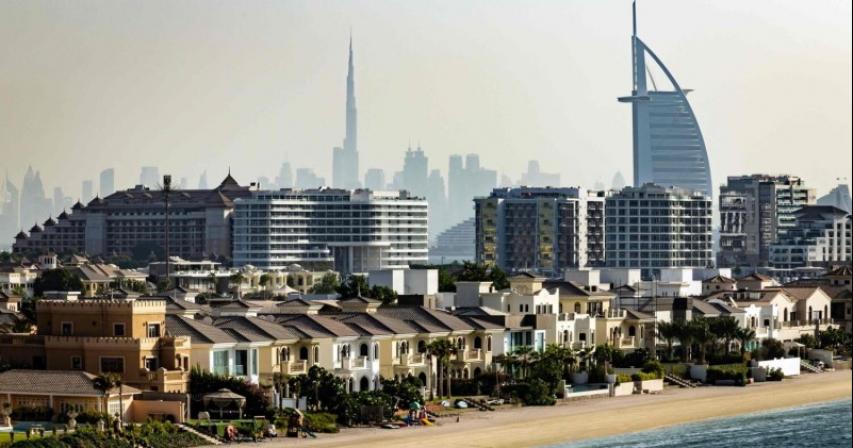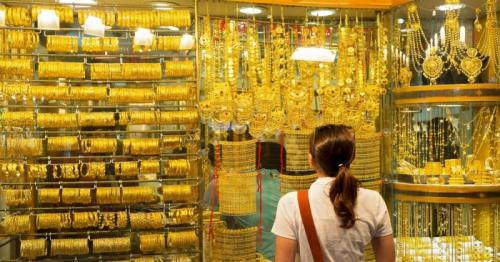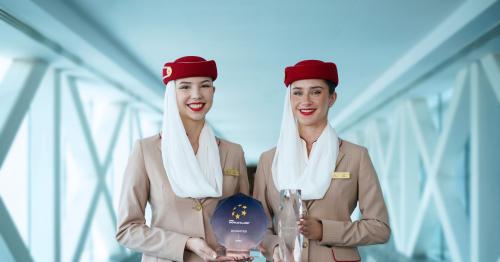Dubai Abu Dhabi named world No. 1 cities for expats ease of entry

According to a fresh survey, Dubai and Abu Dhabi are the most attractive cities in the world due to their integration. On Kearney’s Global Cities Index, Dubai maintained its top position in the Middle East and North Africa(Mena) region, coming in 7th rank in the world, for the third year in a row.
The entry acceptance is a different combination in the human capital dimension, which also illustrates the foreign labor market engagement by the cities.
“The report noted that in the context of globalization and geopolitical turmoil, Dubai, Abu Dhabi, Riyadh, and especially Dammam in Saudi Arabia remained flexible. Dammam’s ranking on the business activity dimension improved by 19 positions, primarily due to rapid growth in its services segment, which increased by 71 per cent, after five leading global services companies opened offices in Dammam.
“This highlights the growing significance of services, and particularly in the GCC, where diversifying the economy is a growing need," the statement went. Open immigration policies aimed at attracting and retaining talent have helped Abu Dhabi and Dubai top the rankings, while Riyadh fired considerably up the rankings for the number of unicorns, the statement went on.
The Kearney Global Cities Report which comprises the Global Cities Index (GCI) and Global Cities Outlook (GCO) seeks to assess and understand the global reach and integration of the most interconnected metropolises in the world. On the whole, Middle Eastern cities were relatively unchanged in their scores this year, most particularly in the business activity dimension around the global services firms metric. This is in line with the strong emphasis across the GCC in particular towards facing the internationalization of business.
According to the global cities index, a platform that turns all over the world and collects information and all globalible capitals regarding the cities, the world has been constructed on inserting global transfer of capital, people, and ideas into cities, in which five key are measures are against: human capital, information exchange, cultural experience, political engagement and business.
“Our analysis shows that another stage of globalization is coming – more distributed, more networked and much less certain in the near future. As global trade and capital flows change geography, middle eastern cities have great large potential advantages to harness their geo positioning, strong developed economic system, immigrant friendly policies and the existing E-INFA and E-HYBRID systems not only to reduce the risks but also accelerate economic development,” said Rudolph Lohmeyer, Kearney Partner, National Transformations Institute.
The global cities outlook is a graph designed by scholars to tell which ones soon gain more popularity. Those who continue to have security, stability, health and environment will be in a position not to experience major economic disturbances.
In spite of the tensions in international trade and foreign direct investment (FDI) recession, a number of cities have still been able to foster innovation, most particularly in the areas of patenting and private investment. Moreover, self-sustained, moderate cost of capital coupled with advanced digital infrastructure has enabled such entities to continue attracting investment and growth even in this era of global uncertainty.
In the Middle East, cities such as Dubai, Makkah, and Muscat have also been in the spotlight due to these trends. Among them was Dubai that climbed up the rankings by 10 ranks in innovation, Makkah by eight ranks, whereas Muscat seemingly rose by 11 ranks with higher contributions from the private investments metric. Those cities in question achieved a combination of low real interest rates, developed private markets and growth promoting economic diversification policies.
The business idea of Kearney Middle East focuses on investment in innovation and investment resilience even amidst difficult macroeconomic challenges worldwide.
However, urban centers across the globe have coped up with geo-economic scenarios but are now also combating harsh issues related to the environment all caused by climate change. “The Turkish cities, despite being severe impacted by the climate threats are significant energy users and greenhouse gas emissions. This leads to environmental issues,” the document pointed to ‘Climate disasters have already brought enormous damages.’
"We do observe strong commitments from today’s cities in dealing with above but frequently these initiatives emerge as partial responses to specific issues. There is a need for cities to orient themselves as being more systems-thinking and anticipatory."
"What we describe as a regenerative approach and what we consider to be possible,” or in other words, “Institution building will not impact itself. It is about creating the ability to keep the vision in mind and to integrate it into action,” said Sascha Treppte, Partner, Kearney Middle East and Africa.






Comments